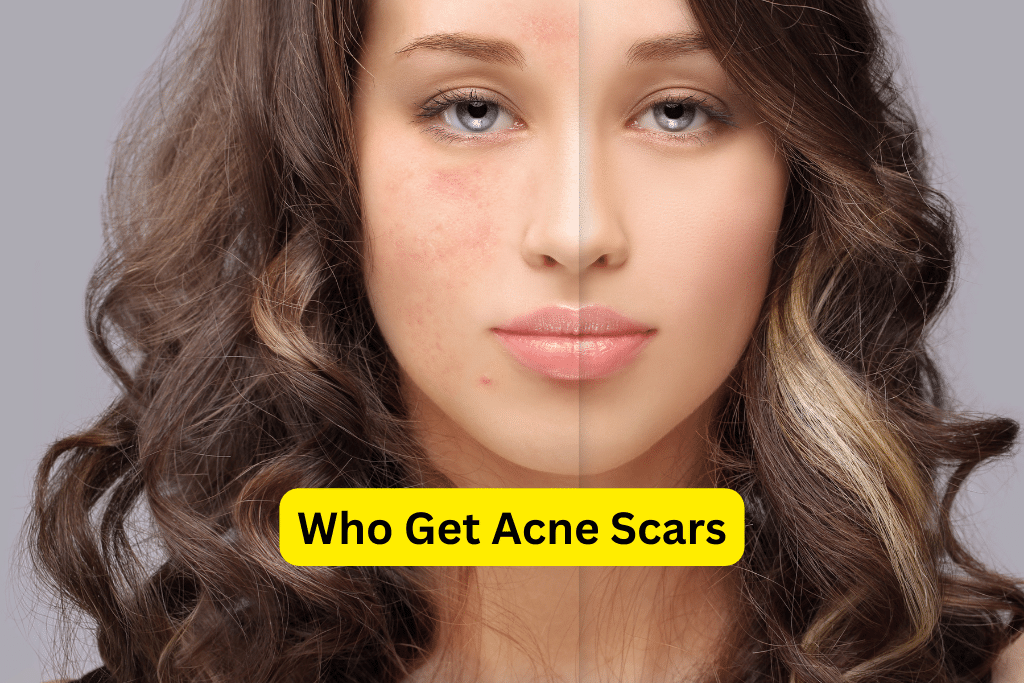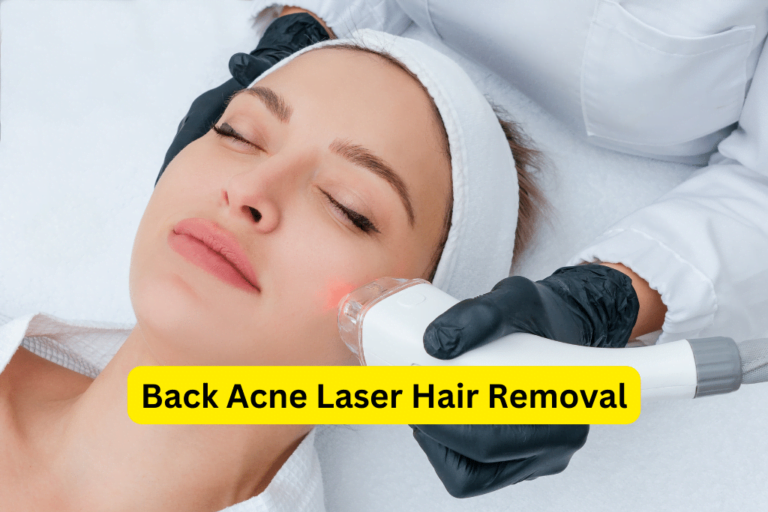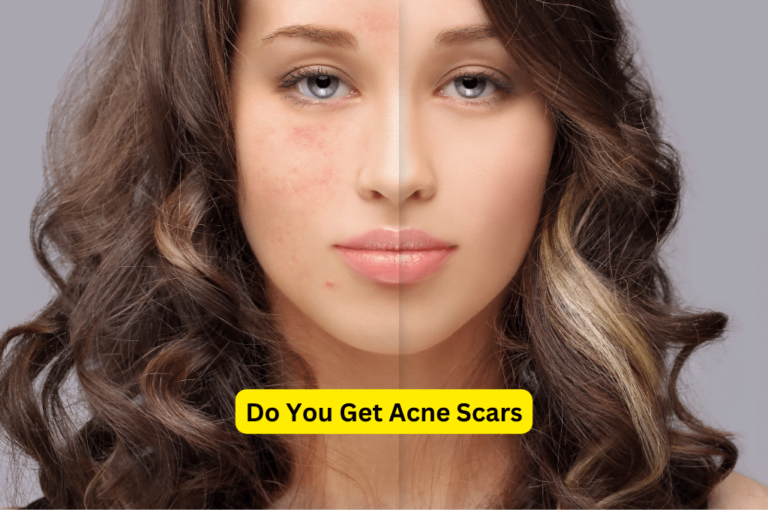Say goodbye to acne scars: Learn causes and effective treatments
Who Get Acne Scars
Acne scars can have a significant impact on an individual’s self-esteem and confidence. Understanding the causes and risk factors associated with acne scars is crucial in order to prevent and effectively treat this common skin condition. In this article, we will delve into the different types of acne scars, explore what causes them, and discuss who is most susceptible to experiencing this issue. Additionally, we will provide tips on prevention and highlight the various treatment options available to improve the appearance of acne scars.
I. What are Acne Scars?
Acne scars are permanent indentations or raised marks that result from severe acne. It’s important to differentiate acne scars from acne marks or blemishes, which fade without causing long-term damage. There are several types of acne scars, including ice pick scars, boxcar scars, and rolling scars. Ice pick scars are deep, narrow scars that resemble small puncture marks, while boxcar scars are broader with defined edges. Rolling scars, on the other hand, have a wave-like appearance and give the skin a rolling or undulating texture. Each type of acne scar has distinct characteristics and requires specific treatment approaches.
II. What Causes Acne Scars?
A. Acne Severity
There is a direct correlation between the severity of acne and the likelihood of developing scars. Inflamed and cystic acne, which penetrate deep into the skin and cause significant inflammation, pose a higher risk of scarring. It is essential to address these types of acne promptly and effectively in order to prevent long-lasting consequences on the skin’s appearance.
B. Skin Type and Genetics
Additionally, an individual’s skin type and genetics play a role in their susceptibility to acne scars. Those with oily skin are more prone to pore blockages and have a higher chance of developing scars. Genetics also play a significant role, as individuals with a family history of acne scars may be more likely to experience the same issue. Understanding these factors can help individuals take preventative measures and seek appropriate treatment options.
C. Delayed or Inadequate Treatment
Timely and appropriate acne treatment is crucial in preventing the formation of scars. Delayed or inadequate treatment can allow acne to worsen and cause damage to the deeper layers of the skin. It is important to consult a dermatologist or skincare professional who can provide personalized treatment plans to effectively manage acne and minimize the risk of scarring.
III. Risk Factors for Acne Scars
A. Age and Hormonal Changes
Adolescents are particularly susceptible to acne scars due to hormonal changes during puberty. Hormonal imbalances can lead to increased sebum production, blockage of hair follicles, and subsequent scarring. It is important to address hormonal acne early on and seek appropriate treatment to prevent long-term consequences.
B. Skin Color
People with darker skin tones, such as those with more melanin in their skin, are more prone to developing acne scars. This is because of the increased production of melanin, which can trigger inflammation and hinder the healing process. Tailored treatment approaches are essential to minimize the risk of scarring in individuals with different skin tones.
C. Picking and Squeezing Pimples
The urge to pick or squeeze pimples can be tempting, but it can lead to severe consequences. Picking or squeezing acne lesions can cause further inflammation, spread bacteria, and damage the skin’s protective barrier. This increases the likelihood of developing acne scars. It is crucial to resist the temptation and adopt alternative methods to manage and treat acne.
IV. Prevention and Treatment of Acne Scars
A. Skincare Routine
Establishing a proper skincare routine is essential in minimizing the risk of acne scars. This includes gentle cleansing, exfoliation to remove dead skin cells, and the use of non-comedogenic products that won’t clog the pores. Additionally, wearing sunscreen with a high SPF and avoiding harsh products can help prevent further skin damage and support the skin’s healing process.
B. Medical Treatments
1. Topical Treatments
Topical treatments, such as retinoids, can help improve the appearance of acne scars by increasing cell turnover and promoting collagen production. Other options like alpha hydroxy acids and vitamin C serums can also provide beneficial effects. These treatments are often available over the counter or through a dermatologist’s prescription.
2. Procedures
For more severe acne scars, professional procedures can offer significant improvement. Chemical peels, microdermabrasion, and laser therapy are effective options for treating acne scars. Each procedure has its own efficacy, benefits, and potential side effects, so it’s important to consult with a dermatologist to determine the most suitable approach for your specific situation.
3. Dermatological Interventions
In advanced cases, dermatological interventions such as dermal fillers, microneedling, and subcision may be recommended. Dermal fillers can help fill in depressions caused by acne scars, while microneedling and subcision work by promoting collagen production and improving the overall texture of the skin. These interventions typically require professional expertise and should be performed by a qualified dermatologist or aesthetician.
C. Self-Care Measures
Supporting overall skin health through self-care measures is essential in preventing and reducing acne scars. This includes wearing sunscreen daily to protect the skin from harmful UV rays, avoiding harsh products that can irritate the skin, managing stress levels to prevent hormonal imbalances, and maintaining a balanced diet and regular exercise routine to support healthy skin from within.
V. Conclusion
In conclusion, understanding the causes and risk factors associated with acne scars is key to prevention and effective treatment. Acne scars can have a significant impact on an individual’s self-esteem and confidence, but with the right knowledge and approach, they can be managed and minimized. By adopting an appropriate skincare routine, seeking professional advice, and taking self-care measures, individuals can improve the appearance of their skin and regain their confidence. Remember, early prevention and intervention are vital in the fight against acne scars, so don’t hesitate to consult with a skincare professional to develop a personalized treatment plan.









